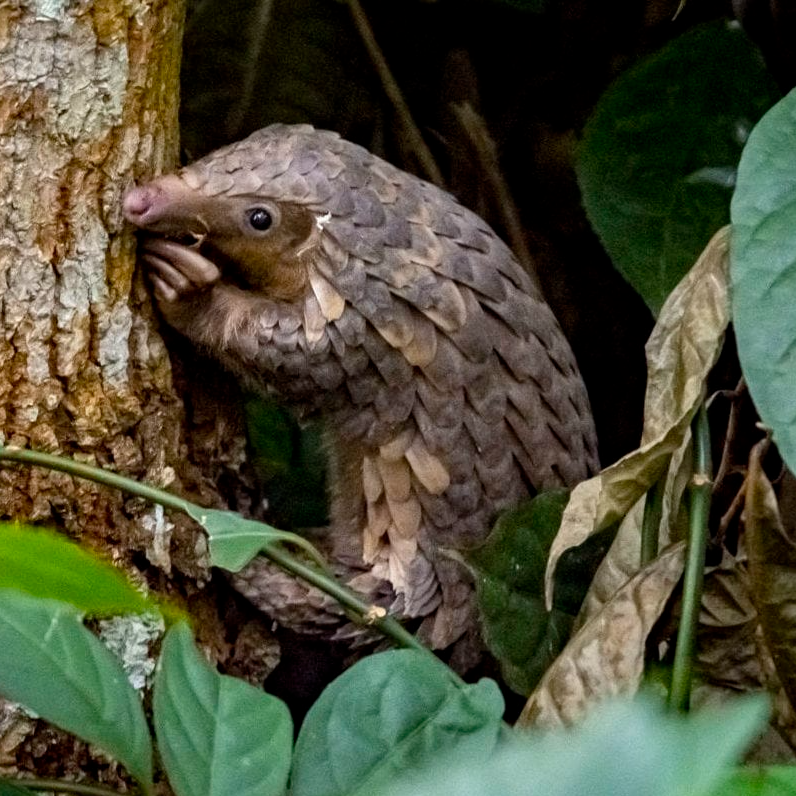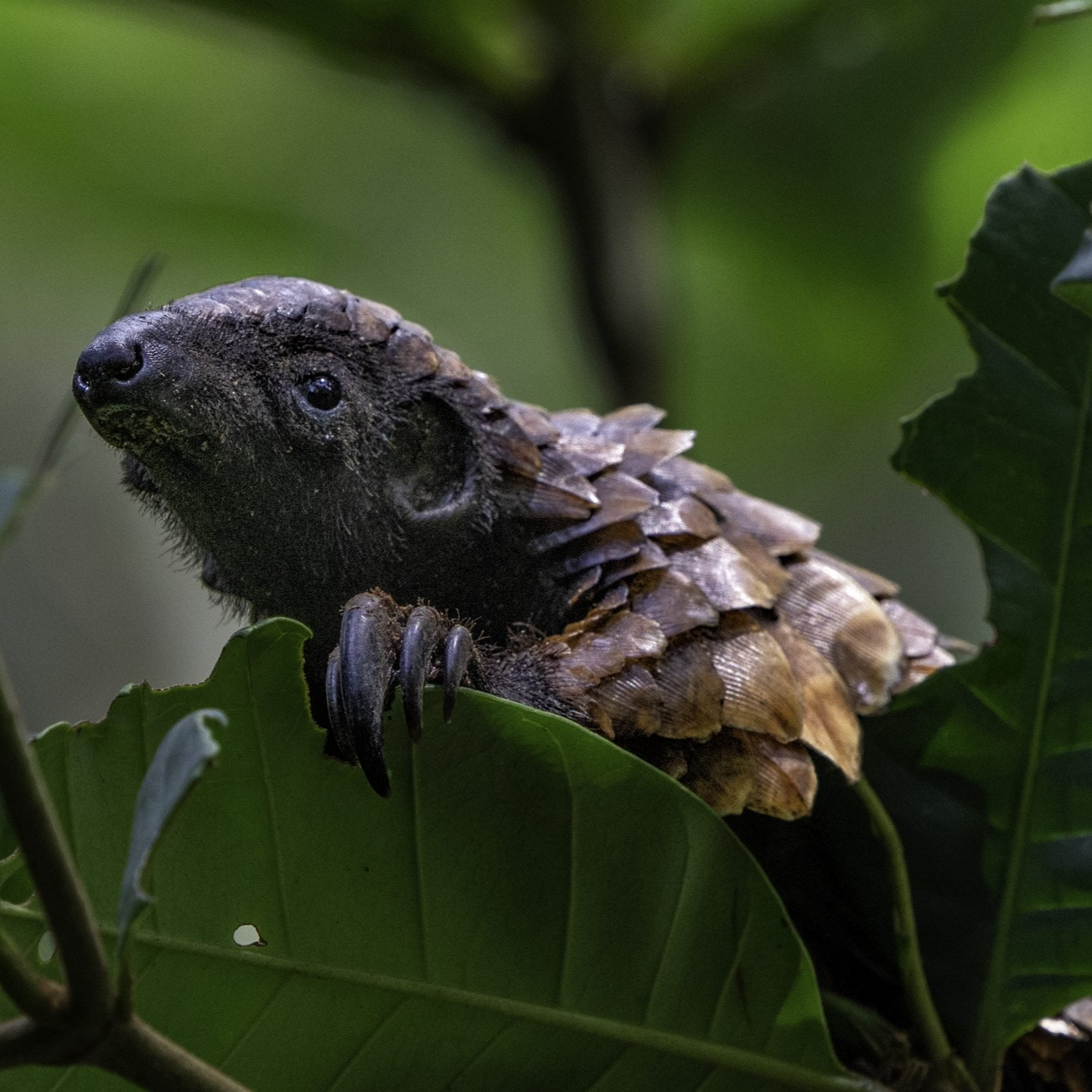Home Safe Haven
The pangolin has become the world's most trafficked mammal
The pangolin has become the world's most trafficked mammal
Please be aware that a fixed transaction fee of 1% applies. Thank you for your support!
Couldn't load pickup availability
Pangolin poaching is increasingly rampant, with traffickers seeking profit from their meat and scales. We don't know how many pangolins are killed each year or how many remain in the wild.
But what we do know is that without intensified protection, we will soon lose them.
That’s why we’re implementing pangolin conservation programs around the world, and why we greatly appreciate any help you can provide to support this work.
Because, as it stands, we simply do not have enough funds to save pangolins from extinction. Few people are aware of their existence, and their survival chances are extremely low.
Losing them would be devastating. Please donate now to help save their lives.
![]()
(This crisis has already killed millions of pangolins. We are running out of time to save them.)
How will my donation help pangolins?
We need to put more rangers in the fields across both Africa and Asia to address the escalating threats.
We’ll need to send specialists into the field to train the rangers, and fund experts to properly coordinate their patrols to ensure protection is a robust as possible.
The rangers’ constant presence is vital to make it clear that pangolin poaching won’t go under the radar any longer, and allow us to keep these creatures safe.
We also need to kit out the rangers with the latest tech to make them as effective a force as possible. They need tree cameras to place around pangolin poaching hotspots, GPS kits to log threats and eDNA equipment to monitor numbers.
![]()
(These rangers need boots, machetes, rucksacks, sleeping bags, clothing, tents, rations and wages to allow them to patrol day-in day-out. )
Camera-traps protecting pangolins 24/7
You could provide tree cameras to place around pangolin poaching hotspots. Camera traps play a crucial role in deterring poachers, acting as watchful eyes in the wild.
Most pangolin species are predominantly nocturnal, making it especially difficult to protect them at night. With specialist night vision cameras, we can discourage poachers from coming near these areas at night.
These cameras also help us to understand more about these secretive creatures, finding out where they roam and allowing us to determine population estimates, and ultimately how we can save pangolins.
![]()
(Specialist night vision cameras help us to protect pangolins around the clock.)
It’s also crucial we stop the pangolin trafficking. Without a global trade to feed into, there will be almost no reason for poachers to take pangolins from the wild. This is how we can keep them safe in the long term.
But the challenge is huge. The illegal operation that moves pangolin parts across oceans en masse is of immense scale. With links to criminal gangs, syndicates are managing to push pangolin parts through ports and across borders to move them from the forest edge to wildlife markets – usually in China and Vietnam.
Your donations could help us put protection in those ports and border checkpoints to enforce the trade bans and train guards to be wise to common smuggling techniques (such as claiming that pangolin scales are woodchips).
![]()
With your support, we can keep these wonderful creatures safe.


Other Support
-
Restoring Faces. Renewing Hope
Regular price From $40.40Regular priceUnit price / per -
Help Kids with Disabilities Enjoy Full Lives.
Regular price From $40.40Regular priceUnit price / per




